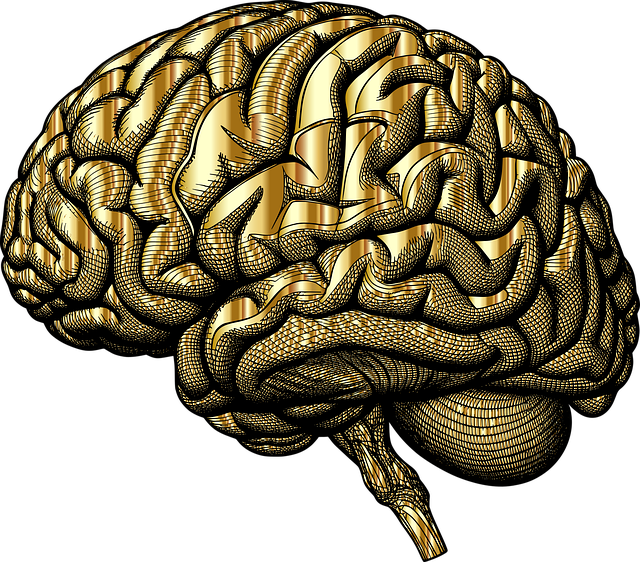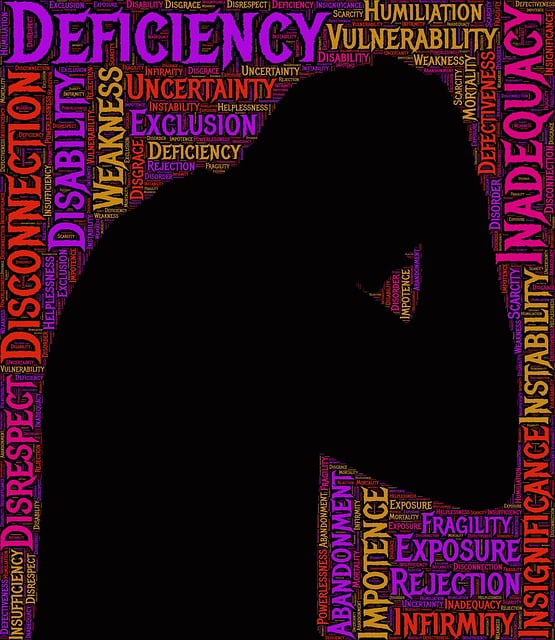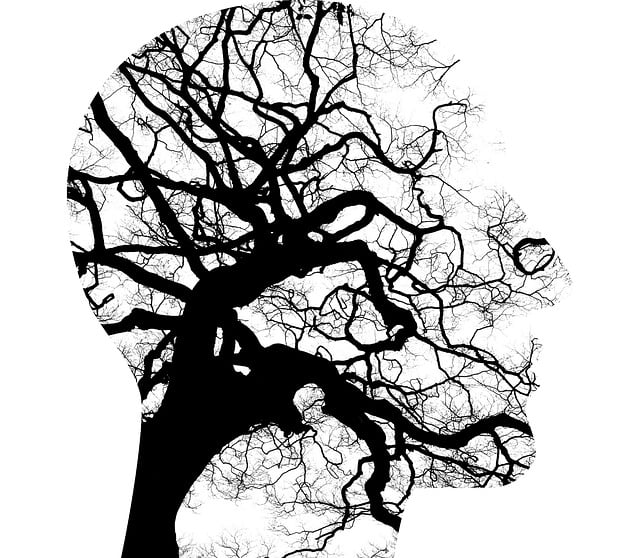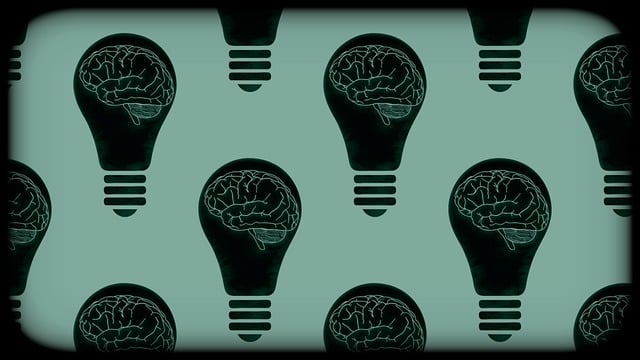Analyzing mental health data among young adults requires a holistic approach integrating medical records, surveys, research, and digital platforms. Advancements in technology have introduced innovative techniques like hypnosis, which aids in stress management and reveals subconscious thoughts through deep relaxation. Hypnosis is an effective tool within therapy for young adults, treating anxiety, depression, and stress-related disorders by enhancing self-awareness and empowering individuals to manage their mental well-being. This data-driven approach, combined with evidence-based practices like compassion cultivation and stress reduction, leads to improved patient outcomes and tailored interventions for specific mental health concerns prevalent among young adults.
Mental health data analysis is a burgeoning field, especially with the rise of digital health initiatives. This article explores critical aspects of understanding, analyzing, and interpreting mental health data, focusing on young adults undergoing therapy with hypnosis. We delve into data collection sources, advanced techniques for analysis, and the profound implications for enhancing treatment strategies. By examining these components, we aim to highlight the potential of data-driven insights in improving therapeutic outcomes for this demographic.
- Understanding Mental Health Data: Collection and Sources
- The Role of Therapy for Young Adults with Hypnosis
- Analyzing and Interpreting Data: Techniques and Considerations
- Applications and Implications: Enhancing Treatment Strategies
Understanding Mental Health Data: Collection and Sources

Understanding Mental Health Data is a multifaceted process, crucial for effective therapy and interventions, especially when targeting young adults. The collection of this data begins with identifying relevant sources. These include medical records from hospitals and clinics, surveys and questionnaires filled out by individuals, and research conducted by mental health professionals. With advancements in digital technology, online platforms and apps are also emerging as valuable tools for gathering information related to mental wellness and self-esteem improvement among young adults.
One innovative approach gaining traction is the use of hypnosis, a technique that has shown promise in therapy for young adults. By guiding individuals into a state of deep relaxation, hypnosis can uncover repressed memories, emotions, and thoughts, providing valuable insights for mental health data analysis. This alternative method complements traditional stress management techniques, contributing to a holistic understanding of an individual’s mental health landscape.
The Role of Therapy for Young Adults with Hypnosis

Hypnosis has emerged as a valuable tool within the realm of therapy for young adults, offering a unique approach to address mental health concerns. This therapeutic technique leverages the power of the subconscious mind, making it particularly effective in treating conditions such as anxiety, depression, and stress-related disorders. By inducing a state of deep relaxation and heightened focus, hypnosis enables young adults to gain access to their unconscious thoughts and emotions, facilitating positive changes.
The integration of hypnosis into therapy provides several advantages. It promotes self-awareness and empowers individuals to take control of their mental well-being. Moreover, it can be tailored to cater to diverse cultural backgrounds, ensuring cultural sensitivity in mental healthcare practice. In crisis intervention guidance, hypnosis can help individuals manage acute stress and develop coping strategies. Additionally, mental health policy analysis and advocacy can benefit from the evidence gathered through such innovative practices, potentially shaping more inclusive and effective support systems for young adults.
Analyzing and Interpreting Data: Techniques and Considerations

Analyzing mental health data is a complex yet crucial process, especially when focusing on specific demographics like young adults. Therapists and researchers employ various techniques to interpret trends and patterns, enabling them to tailor interventions and support strategies more effectively. One powerful tool that has gained traction in recent years is hypnosis, which offers unique insights into an individual’s subconscious mind. By inducing a state of deep relaxation, hypnotic sessions can uncover repressed memories, emotions, and behaviors, providing valuable data for mental health professionals. This technique is particularly beneficial for young adults struggling with issues like anxiety, depression, or trauma, as it facilitates emotional regulation and promotes positive change.
In the context of therapy for young adults, data analysis goes beyond numbers and statistics. It involves understanding the nuances of each client’s experience, cultural background, and social environment. Mental health policy analysis and advocacy play a significant role in this process, ensuring that the data collected is diverse, inclusive, and representative of the target population. By considering broader societal factors and conflict resolution techniques, therapists can interpret data more holistically, addressing systemic issues that contribute to mental health challenges among young adults. This comprehensive approach not only improves individual therapy outcomes but also informs policy decisions related to mental health services and support systems.
Applications and Implications: Enhancing Treatment Strategies

Mental health data analysis plays a pivotal role in enhancing treatment strategies for young adults. By leveraging advanced techniques to interpret trends and patterns within large datasets, healthcare professionals can tailor interventions more effectively. This precision medicine approach allows for targeted therapy, such as incorporating hypnosis, which has shown promise in addressing specific mental health concerns prevalent among young adults. Hypnosis, coupled with compassion cultivation practices, self-awareness exercises, and stress reduction methods, offers a holistic perspective that complements traditional therapies.
Through data-driven insights, treatment plans can be refined to incorporate these evidence-based practices more effectively. This not only improves patient outcomes but also fosters greater well-being and resilience among young adults facing mental health challenges. By continuously evaluating and adapting treatment strategies based on robust data analysis, healthcare systems can better serve the unique needs of this demographic.
Mental health data analysis is a powerful tool for understanding and enhancing treatment strategies, especially in the context of therapy for young adults with hypnosis. By employing advanced techniques to interpret complex datasets, we can gain valuable insights into what works best for this demographic. This knowledge ensures that treatment plans are tailored to individual needs, leading to improved outcomes. The role of hypnosis as a therapeutic tool is particularly promising, offering a unique and effective approach to addressing mental health concerns among young adults. Through continued research and data-driven decisions, we can revolutionize mental healthcare, making it more accessible, personalized, and ultimately, life-changing for this generation.












